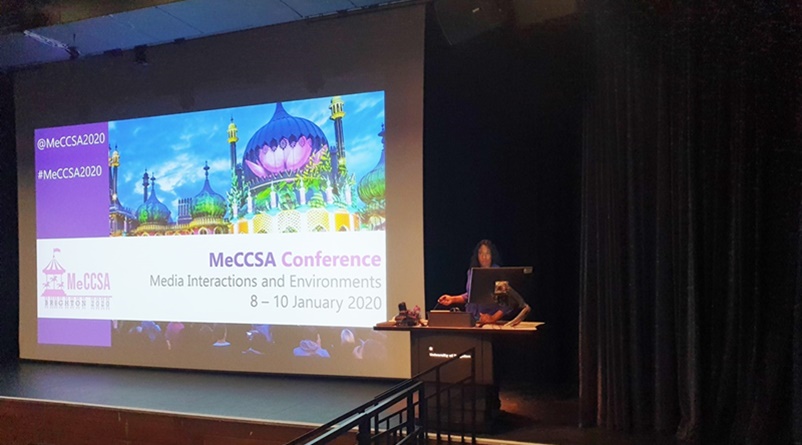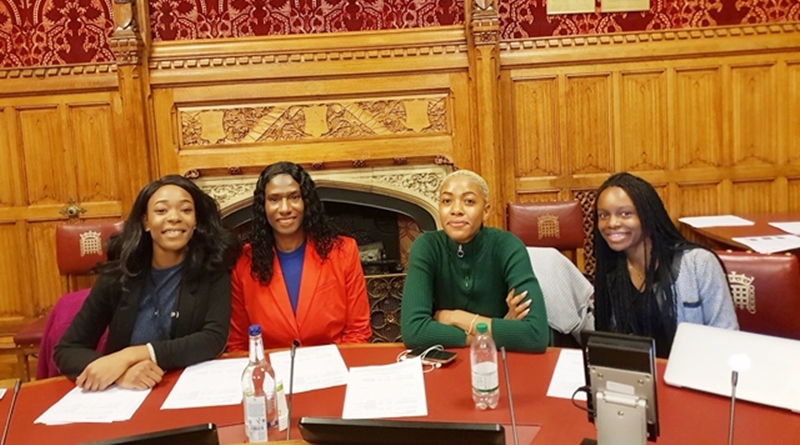I decided to write my dissertation on the role of terrorism in the framing of refugees in UK news articles. This topic is particularly important to me because as a minority group, refugees are often rendered voiceless, with the media speaking on their behalf.
Another reason is because current research shows the influential power media representations can have on restrictive refugee policies. A series of terror attacks in Brussels 2016, Berlin 2016, Nice 2016 and Paris 2015 happened concurrently to the refugee crisis, which made me question what affect one has on the other.
In 2016, the refugee crisis saw an increase in refugees fleeing the middle east towards Europe which created negative associations between the refugees and terrorism.
My study focused on the Syrian refugee crisis and compared news articles from before and after the Brussels 2016 terrorist attack, in both tabloid and broadsheet news. The overall aim was to observe any difference in rhetoric or discourse pre-and-post the Brussels attack.
The first objective focused on the particular frames and discourse produced, whilst the second objective homed in on the particular language choices that promoted or drew upon anti-immigrant sentiment. The third objective looked at any variations between broadsheet and tabloid newspapers.
Overall the study identified six frames employed by news reporters to represent and categorise refugees. In terms of public relations, this study produced an insight into the media agenda and how non-linguistic factors such as terrorism can influence the representation of minority groups. The study revealed an increase in anti-immigrant sentiment since completing the study,
Designing, analysing and writing my dissertation helped me understand the categorisation of media representations of refugees, though it would be interesting to further study whether these representations are reflected in public opinion.
Combining the results could be used to produce advertising and marketing strategies that address unevidenced or inaccurate representations of refugees. I am now able to have informed conversations with colleagues and friends about the refugee crisis and the negative images created in the media.
Having never undertaken a large research project, the dissertation process seemed overwhelming. Once it was completed, I felt a sense of achievement and pride in the study I had produced. The discourse and rhetoric identified in my study has made me more critical of the media’s language choice when discussing minority groups and how it can be used to promote political agenda, such as anti-immigrant sentiment.
Having this understanding will be useful when working towards my dream job in a non-governmental organisation that contributes to positively impacting social justice or conflict issues.
Over the next few years it would invaluable for me to gain experience in practically using research to influence the development and implementation of policy and the processes of social change.




